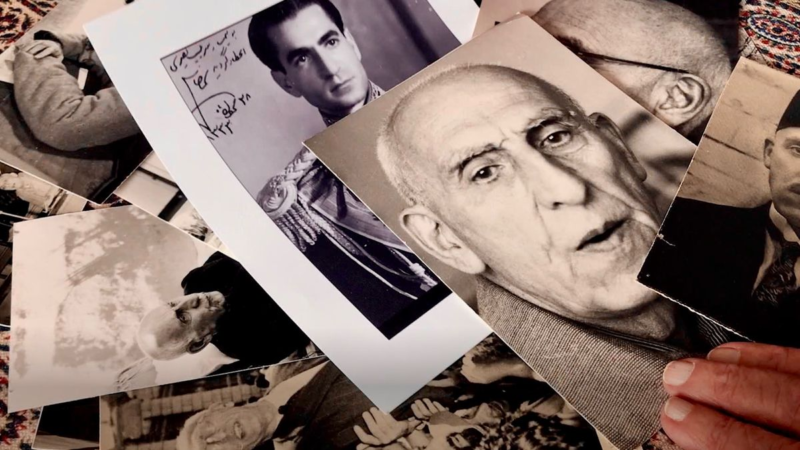Taghi Amirani: How the U.S.-Backed 1953 Coup in Iran Is Still Changing Global Politics
New documentary explains why installing the shah in 1953 led to ruinous American covert operations throughout the Cold War and beyond.

Almost 70 years after a U.S.-backed coup deposed the democratically elected Prime Minister Mohammad Mossadegh and replaced him with Shah Mohammad Reza Pahlavi as the leader of Iran, relations between the two countries remain at a fever pitch. Just days ago, President Donald Trump, responding to unspecified intelligence reports, threatened that "any attack by Iran, in any form, against the United States will be met with an attack on Iran that will be 1,000 times greater in magnitude!"
In the new documentary Coup 53, Taghi Amirani tells the story of how British and American secret agents overthrew Mossadegh after he nationalized the oil industry, starting a series of events that would lead to the rise of the autocratic, U.S.-hating Islamic regime that continues to reign to this day. Beyond its tragic effects on Iran and the Middle East, Amirani argues that the seemingly easy 1953 coup became the "playbook" for future U.S. covert actions in countries such as Guatemala, Vietnam, Chile, and beyond, forever changing the face of global politics.
In a wide-ranging conversation about immigration, foreign policy, and filmmaking, Amirani tells Nick Gillespie that Trump's policies, like those of all U.S. leaders, are "the product of the military-industrial complex and that, ultimately, matters more" than whatever a president enters office thinking.


Show Comments (63)